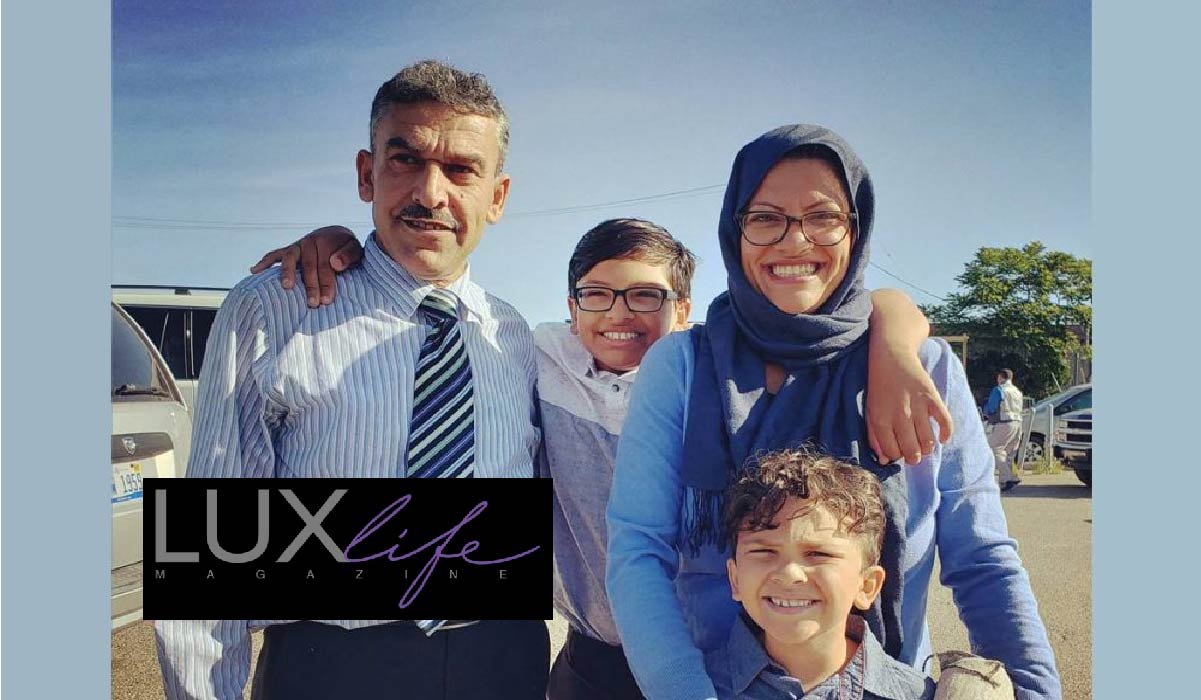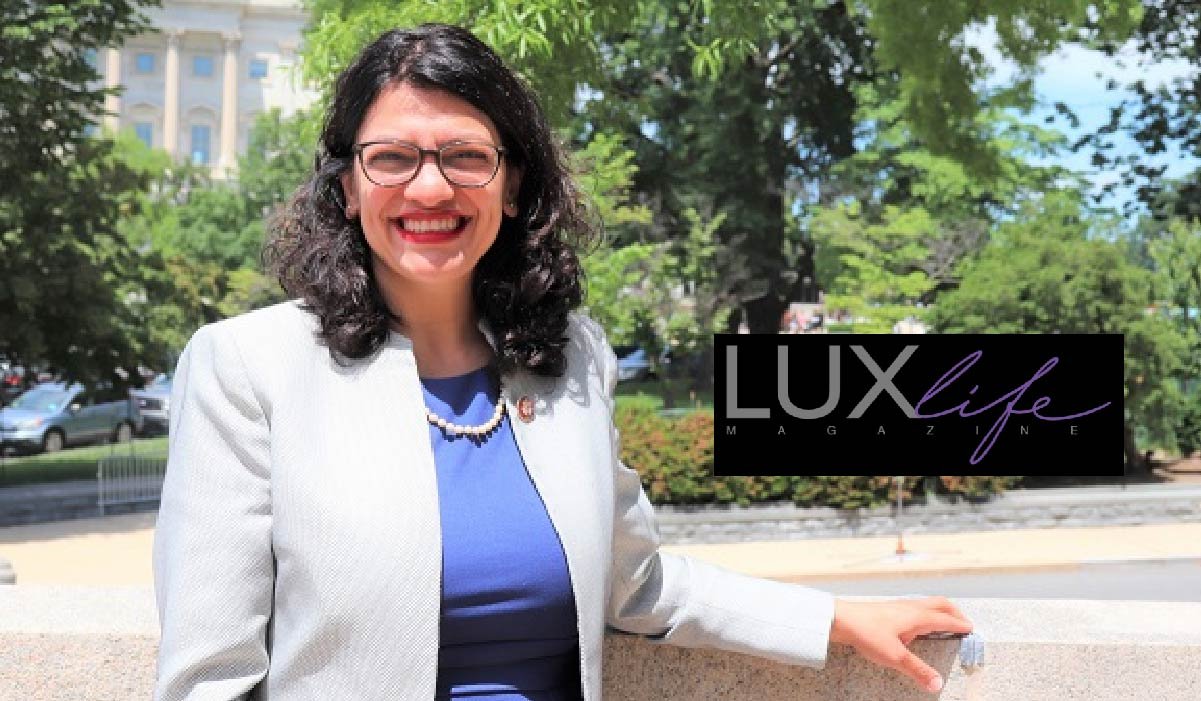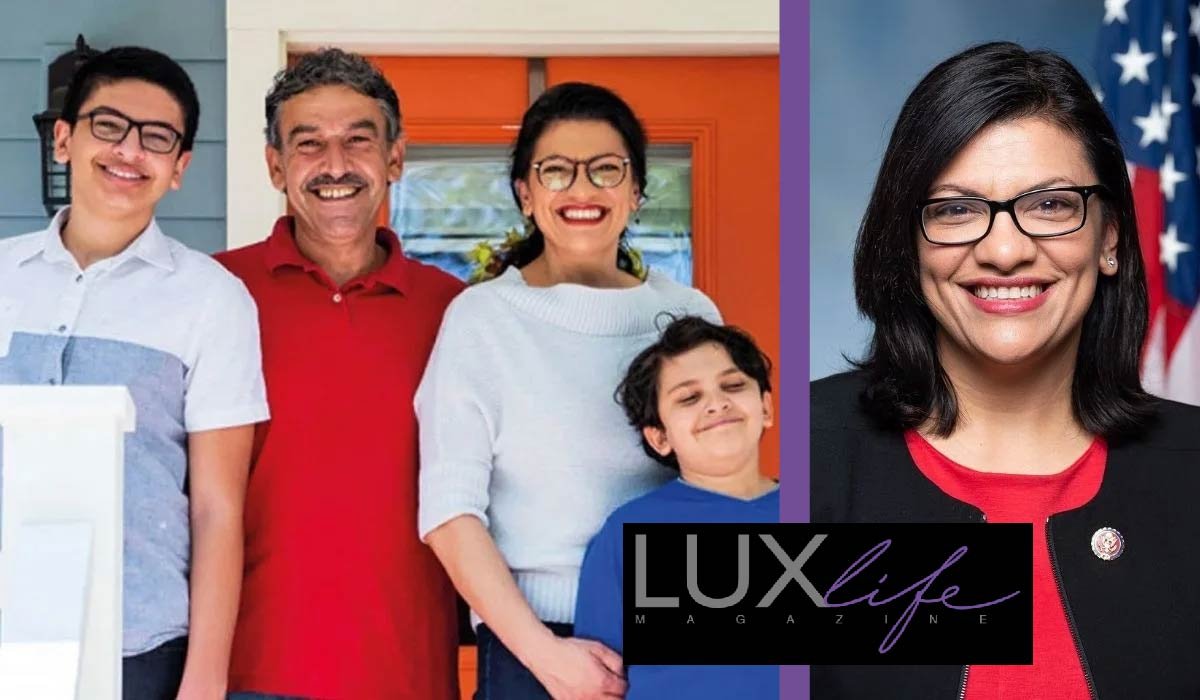Fayez Tlaib is a figure known largely through his connection to his former wife, Rashida Tlaib, a prominent U.S. Congresswoman. Born in Palestine and later relocating to the United States, Fayez represents a compelling story of resilience, cultural pride, and the immigrant experience in America. While his ex-wife has gained significant attention for her political career, Fayez has maintained a remarkably private life. His journey from a childhood in a conflict-affected region to supporting a high-profile political figure offers a unique perspective on the personal sacrifices and challenges faced by those connected to public lives.
This article takes a deep dive into his life story, background, family ties, and current endeavors, shedding light on the man behind the headlines.
Profile Summary
| Attribute | Details |
|---|---|
| Full Name | Fayez Tlaib |
| Date of Birth | [Insert Date of Birth] |
| Place of Birth | [Insert Place of Birth] |
| Nationality | American (Palestinian Descent) |
| Ethnicity | Palestinian-American |
| Parents | [Insert Parent Names, if known] |
| Siblings | Rashida Tlaib (Sister, U.S. Congresswoman) |
| Education | [Insert Schools Attended] |
| Occupation | [Insert Occupation if applicable] |
| Marital Status | [Insert if applicable] |
| Children | [Insert Number of Children if applicable] |
| Notable Relationships | [Insert if applicable] |
Profile Summary: Key Facts About Fayez Tlaib
Fayez Tlaib’s life, though private, can be summarized by a few essential facts. He was born in Palestine, though the exact date and location are not publicly confirmed. He holds American nationality with Palestinian heritage, reflecting his immigrant roots and cultural identity. Most notably, he is the brother of Rashida Tlaib, a trailblazing U.S. Congresswoman known for her progressive activism. Fayez was married to Rashida, with whom he has two children, and while his professional life remains largely out of the public eye, he is known to have supported Rashida’s early political career. His life today is centered in Michigan, where he leads a private and quiet lifestyle.
Early Life and Background: Roots in Palestine
Fayez Tlaib’s early years were spent in Palestine, a land marked by both beauty and turmoil. Growing up in a region shaped by political conflict and social upheaval, Fayez was deeply influenced by the culture, traditions, and community values that define Palestinian identity. His family likely instilled strong values centered around resilience, faith, and education—pillars that would help him navigate the complexities of life both in Palestine and later abroad. The challenges of growing up in a region often in conflict helped shape Fayez’s character, fostering a sense of determination and belonging that remained with him even after emigrating to the United States.
Immigration Journey: Moving to the United States
The decision to leave Palestine for the United States was a significant turning point in Fayez Tlaib’s life. Like many immigrants, he faced the daunting task of adapting to a new culture and environment, which included overcoming language barriers, finding employment, and integrating into American society. His Palestinian heritage remained a core part of his identity, guiding his values and interactions as he adjusted to his new homeland. The immigrant experience for Fayez involved balancing the preservation of his cultural roots with embracing the opportunities offered in America. This journey required patience, perseverance, and a strong will to succeed despite the obstacles.
Family Connections: Relationship with Rashida Tlaib

Fayez Tlaib’s connection to Rashida Tlaib is both familial and deeply personal. They met through shared community activism in the early 2000s, where their mutual passion for social justice and advocacy brought them together. Their marriage united two individuals committed to their cultural heritage and community service. Together, they raised two children, focusing on providing them with a balanced upbringing amid public attention. Throughout Rashida’s political career, Fayez remained a steadfast supporter, attending events and offering encouragement behind the scenes. Their relationship illustrates a partnership built on shared values and dedication to making a difference.
Who Is Rashida Tlaib? — Contextual Sidebar

Rashida Tlaib is a well-known American politician and one of the first Muslim women elected to the U.S. Congress. Representing Michigan’s 13th congressional district, she is recognized for her progressive stance on healthcare, environmental justice, and immigrant rights. Rashida’s Palestinian-American heritage plays a significant role in her political identity and advocacy. Her rise to national prominence inevitably brought Fayez into the public eye, even though he preferred to maintain a private life separate from politics.
Life in the Public Eye: Navigating Public Attention
As Rashida’s political career advanced, Fayez Tlaib’s life inevitably came under increased public scrutiny. Balancing this with his preference for privacy proved challenging. He attended campaign events and stood by Rashida’s side, but consistently chose to avoid the media spotlight. The pressures of being connected to a prominent public figure introduced unique challenges, including managing public expectations and media interest. Fayez’s approach was to maintain dignity and respect for the family’s privacy, highlighting the complexities faced by individuals supporting public figures while preserving their own personal boundaries.
Separation and Life After Marriage: A Private Transition
Fayez and Rashida’s marriage eventually ended in separation, a process handled with discretion and mutual respect. They chose to keep the details private, focusing instead on co-parenting their two children and prioritizing their well-being away from public attention. Following the separation, Fayez opted to step back further from the limelight, embracing a quieter life in Michigan. This decision underscores his commitment to family stability and personal growth outside the political arena, emphasizing the human aspect of navigating personal change amid public interest.
Current Life and Endeavors: A Private Chapter
Today, Fayez Tlaib continues to live a private life away from the media. Residing in Michigan, he engages in personal and professional pursuits that reflect his values and cultural identity. Although specific details about his occupation are scarce, he remains connected to his community in subtle ways. His focus on privacy and family stability is clear, as he carefully manages his public profile while continuing to support those causes close to his heart. This phase of his life highlights a conscious choice to prioritize personal peace over public recognition.
Personal Values and Cultural Identity: Holding Onto Heritage
Throughout his life, Fayez has maintained a strong connection to his Palestinian roots, which deeply inform his worldview and values. His experiences as an immigrant and as someone raised in a culturally rich yet politically complex environment have fostered a profound appreciation for identity, resilience, and community. These values have influenced how he navigates life’s challenges and supports his family, underscoring the importance of heritage as both a source of strength and a guiding principle.
Public Perception and Media Coverage: Dispelling Myths
Despite being connected to a public figure, Fayez Tlaib has carefully avoided media exposure. Over the years, misinformation and rumors have occasionally surfaced, including unfounded claims about his personal life. Fayez’s commitment to privacy has helped mitigate the impact of such rumors, demonstrating the challenges faced by those linked to public personalities. His deliberate avoidance of the media spotlight reflects a broader desire to live authentically without being defined by external narratives.
Legacy and Impact: The Man Behind the Public Figure
While Fayez Tlaib may not seek public recognition, his life story contributes meaningfully to conversations about immigration, cultural identity, and the silent support systems behind public leaders. His journey illustrates the resilience required to navigate personal and social challenges in a new country. Furthermore, his role in supporting Rashida Tlaib’s rise to political prominence reveals the often unseen sacrifices made by those close to public figures. Fayez’s story is a testament to the enduring power of cultural pride and personal strength.
Conclusion: A Quiet Life with a Powerful Story
Fayez Tlaib’s life story is one of quiet strength, cultural pride, and personal resilience. Though often overshadowed by the political prominence of his ex-wife, he represents a significant narrative about the immigrant experience, family, and the human dimension behind public service. His journey from Palestine to the United States, the challenges of adapting to a new life, and his commitment to family and privacy illustrate a profound story often overlooked in public discourse. Fayez Tlaib’s narrative reminds us that behind every public figure lies a circle of support and sacrifice that deserves recognition and respect.
FAQs About Fayez Tlaib
Who is Fayez Tlaib?
Fayez Tlaib is the ex-husband of U.S. Congresswoman Rashida Tlaib and a Palestinian-American immigrant known for his private life and support of his former spouse’s political career.
What is his background?
He was born and raised in Palestine before immigrating to the United States, where he adapted to new cultural and social environments.
How did he meet Rashida Tlaib?
They met through community activism and shared commitments to social causes in the early 2000s.
What is his current occupation?
Details about his professional life remain private.
Does he have any social media presence?
No verified public social media accounts are known.
What are his views on politics?
Though private about his opinions, his support for Rashida suggests alignment with progressive causes.
How does he manage privacy?
Fayez actively avoids media attention, focusing on family and personal life.
What are the details of his separation from Rashida?
The separation was handled privately and respectfully, with little public information available.

















Leave a Reply